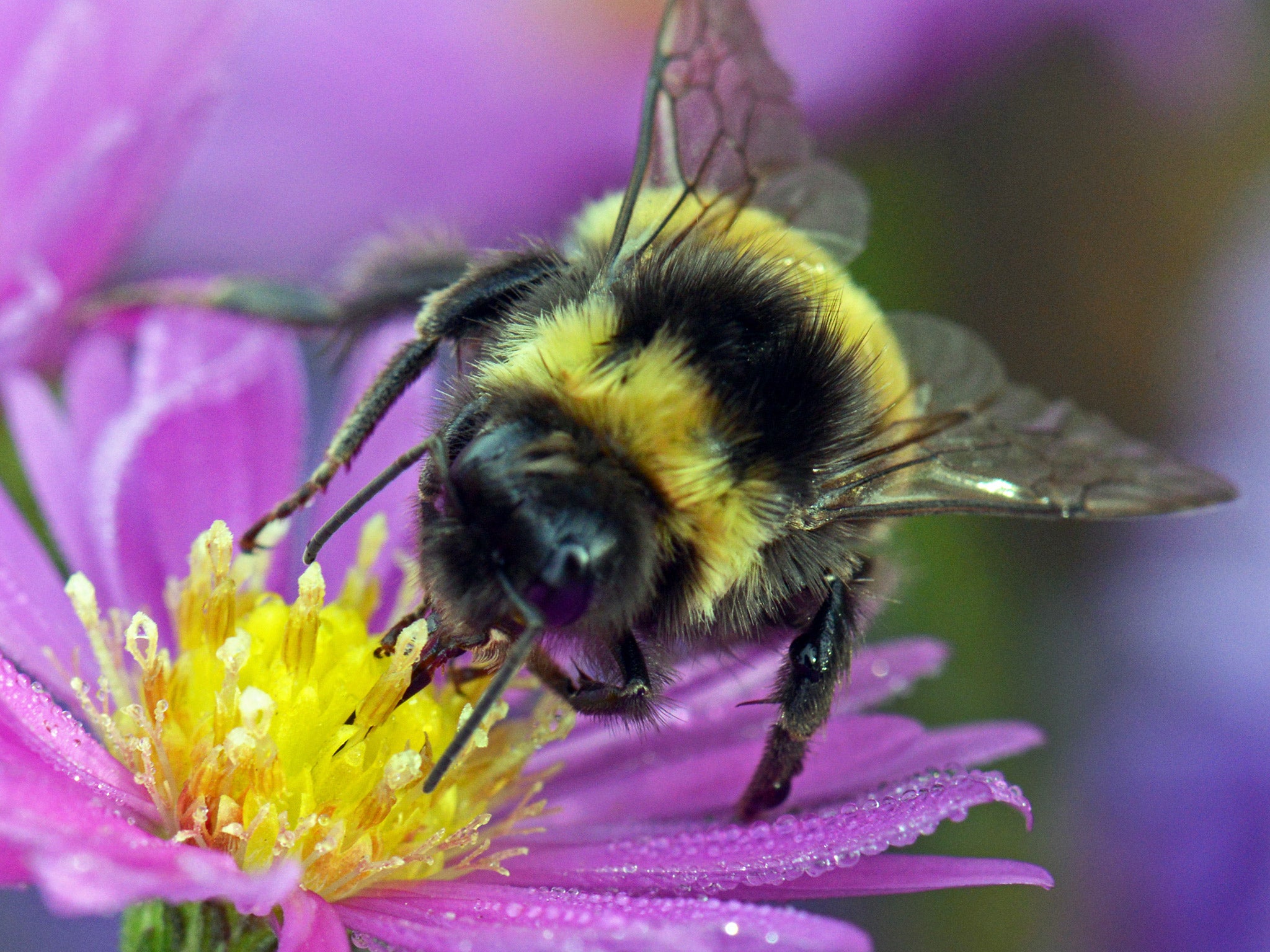Neonics: Pesticide rules should be overhauled after damning study
It is time for the Government to think again about which side of the fence it wants to stand on

Your support helps us to tell the story
From reproductive rights to climate change to Big Tech, The Independent is on the ground when the story is developing. Whether it's investigating the financials of Elon Musk's pro-Trump PAC or producing our latest documentary, 'The A Word', which shines a light on the American women fighting for reproductive rights, we know how important it is to parse out the facts from the messaging.
At such a critical moment in US history, we need reporters on the ground. Your donation allows us to keep sending journalists to speak to both sides of the story.
The Independent is trusted by Americans across the entire political spectrum. And unlike many other quality news outlets, we choose not to lock Americans out of our reporting and analysis with paywalls. We believe quality journalism should be available to everyone, paid for by those who can afford it.
Your support makes all the difference.There comes a time when emerging scientific evidence builds a strong enough case to warrant a change in policy. We may have reached that point now with the controversial group of pesticides known as neonicotinoids – or “neonics” – which have been repeatedly linked, in experiment after experiment, with deleterious impacts on bees, bumblebees and other pollinating insects which collectively ensure the production of some £230bn-worth of crops worldwide.
The Government’s view on neonics has been that of the traditional fence-sitter. There is no evidence, it says, that these substances are any more harmful than other pesticides and, until such evidence is found, the companies that sell them should be allowed to do so. Indeed, this summer the Government decided to lift an EU-wide moratorium on neonics, at least temporarily in certain parts of the country, after pressure from the National Farmers Union to protect England’s oilseed rape crop.
Now, yet another study published in a leading peer-reviewed journal by independent university scientists has shown that neonicotinoids may not be as benign as the pesticide’s manufacturers insist. This time, the researchers demonstrated that bumblebees exposed to “field-realistic” levels of the chemicals become far less capable when it comes to pollinating apple trees.
This is the first study to show the impact on the pollinating ability of bumblebees. Other studies have demonstrated “sublethal effects” on the foraging behaviour, reproductive success and homing ability of bees.
Of course farmers need to protect their crops against damaging insect pests. But there comes a time when they need to ask whether or not the pesticide they are using is unwittingly having a negative impact on overall crop production. What is the point of protecting a fruit crop with neonics if the same pesticide is hampering the ability of bees to pollinate the trees? It is time for the Government to think again about which side of the fence it wants to stand on.
Join our commenting forum
Join thought-provoking conversations, follow other Independent readers and see their replies
Comments